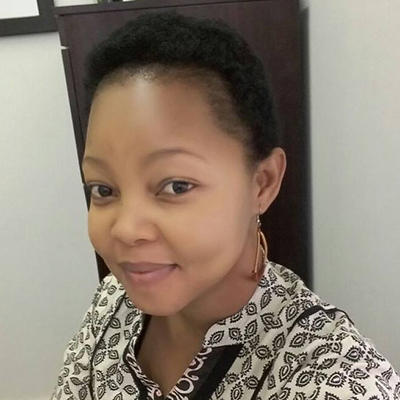Itumeleng Komanyane, manager of Sonke Gender Justice’s International Programmes and Networks (IPN) unit, which manages the work of the MenEngage Africa Alliance, is joining development agencies and civil society and rights groups for a crucial regional consultation led by UN Women on “Agenda 2030 and the Sustainable Development Goals (SDGs) and Opportunities for Promoting Regional Accountability on Gender Equality and Women’s Empowerment”. Komanyane is part of the meeting in her capacity as vice-chairperson of the UN Women’s regional civil society advisory group for Eastern and Southern Africa.
Held in Nairobi, Kenya, over two days – 8th December and 9th December 2016 – the consultation will focus on working together with regional partners in Eastern and Southern Africa to identify:
- Common challenges that UN member states have in domesticating and mainstreaming the Agenda 2030 nationally and sub-nationally;
- Opportunities of providing support to member states to domesticate and mainstream the agenda nationally and sub-nationally;
- Opportunities for peer-learning and collaboration;
- Capacity gaps, especially in advancing gender equality and women’s empowerment within the framework of the SDGs.
The objectives of this consultative meeting are to strengthen collective efforts to operationalise the gender equality agenda within the framework of the UN SDGs and Africa’s development Agenda 2063 and the roles and responsibilities of different actors at global, regional and national levels; determine key considerations for accelerated action on the gender equality agenda within the SDGs and Agenda 2063; and to be clear on what has worked well and what has not after the Millennium Development Goals (MDGs) agenda.
It is expected that through this consultation, regional partners will be able to:
- Identify opportunities and strategies, including potential areas of collaboration between them, based on a reflection of their engagement and the lessons learned from the MDGs on gender equality and women’s empowerment;
- Identify good practices on promoting gender equality (based on lessons learned from the MDGs and other developmental frameworks), share information and also learn about existing monitoring frameworks;
- Identify gaps in facilitating greater accountability on gender equality and women’s empowerment within the framework of the SDGs; and
- Strengthen regional partnerships for effective co-ordination and institutional cooperation in advancing gender equality on the SDGs.
The key output of these consultations will be a pathway document for strengthened regional collaboration and accelerated action on advancing gender equality gains within the SDGs. The document will also be used as a reference tool to support member states and to promote accountability.

